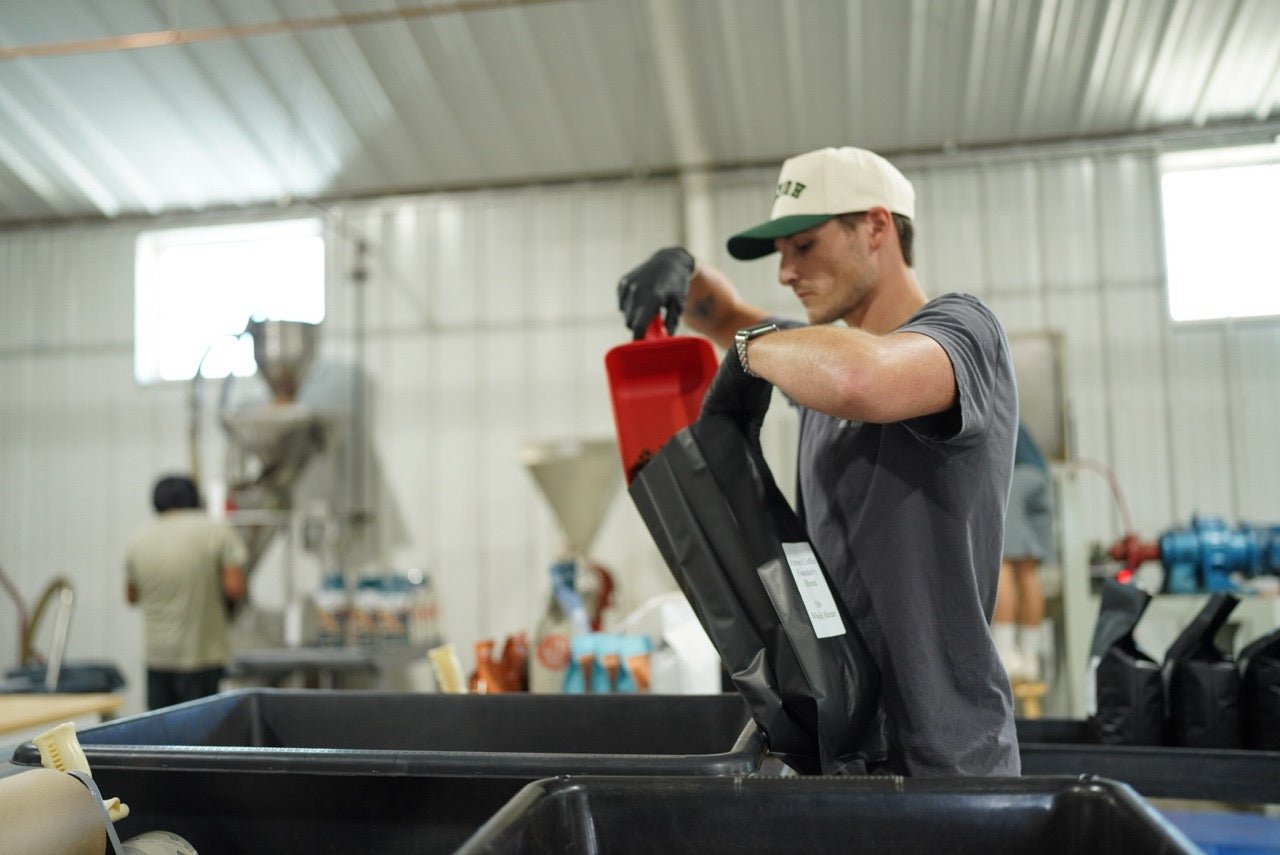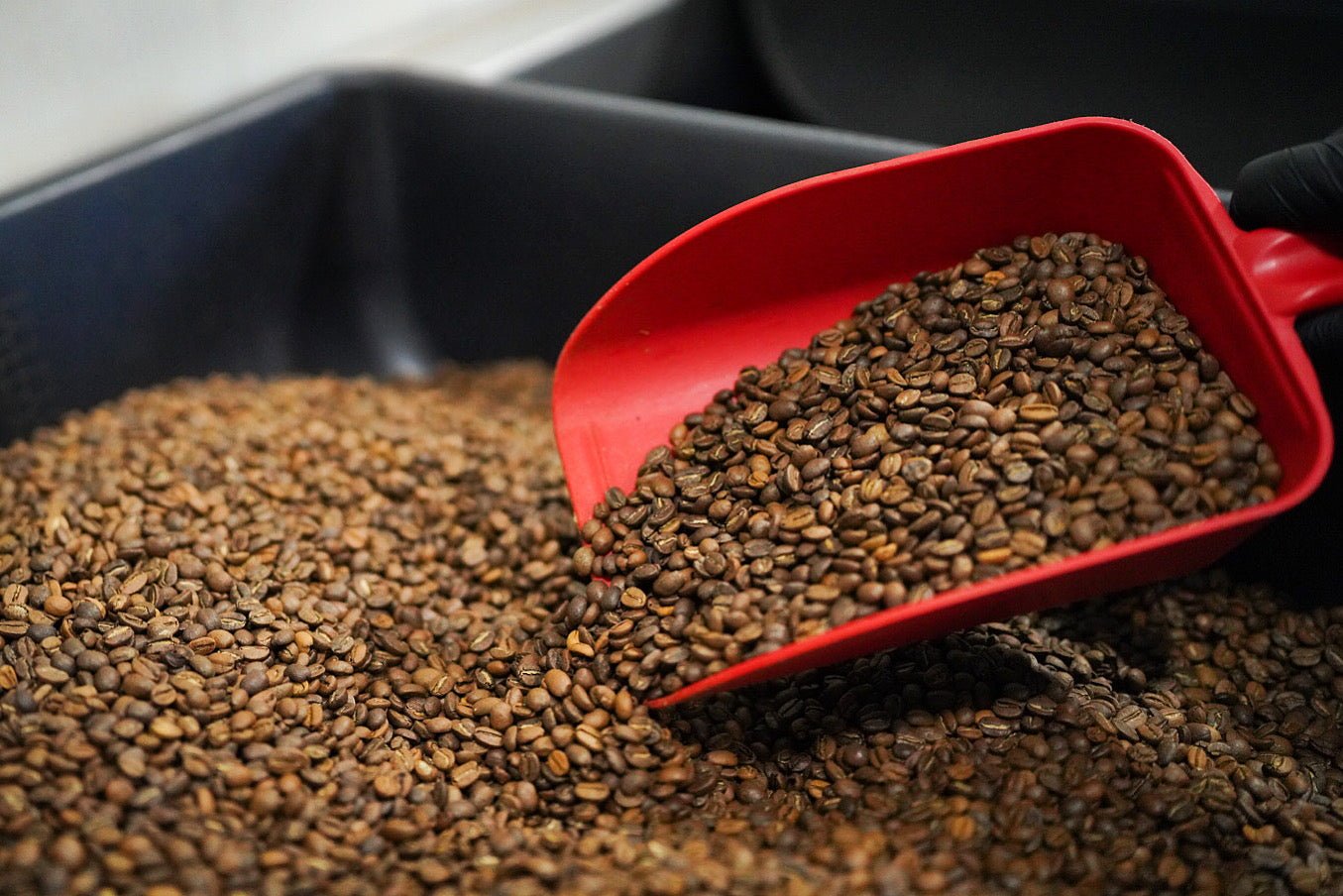What is the Price of My Coffee? Understanding the Factors that Determine Coffee Prices
Coffee is a beloved beverage enjoyed by millions around the world, but have you ever wondered how the price of your coffee is determined? The cost of coffee is influenced by various factors, from the type of beans used to the labor and transportation involved in bringing it to your cup. This article will explore the factors that contribute to the price of coffee, helping you gain a better understanding of what goes into each delicious sip.
-
Type of Coffee Beans The type of coffee beans used plays a significant role in determining the price of your coffee. Arabica and Robusta are the two primary species of coffee beans, with Arabica beans generally considered higher quality and more expensive. Additionally, specialty coffee beans, which are carefully cultivated and sourced from specific regions, can command a premium price due to their unique flavors and scarcity.
-
Production Costs Coffee production involves multiple stages, from planting and harvesting to processing and roasting. Each step adds to the cost of the final product. For example, labor-intensive processes such as hand-picking and sun-drying coffee cherries can increase production costs. Similarly, the cost of fuel, equipment, and other resources required for cultivation and processing can affect coffee prices.
-
Fair Trade and Sustainability Practices Coffee that is certified as Fair Trade, organic, or part of other sustainability programs often comes at a higher price. These certifications ensure that coffee farmers receive fair wages, decent working conditions, and engage in environmentally friendly practices. While this can lead to a higher price for the consumer, it also ensures a more ethical and sustainable coffee industry.
-
Transportation and Logistics Transporting coffee beans from their country of origin to the roaster and then to your local coffee shop or retailer involves various logistics and shipping costs. These expenses can fluctuate due to factors such as fuel prices, exchange rates, and import/export regulations, which can ultimately impact the price of your coffee.
-
Roasting and Packaging The process of roasting coffee beans and packaging the final product also adds to the cost. Artisan roasters that use small-batch techniques and high-quality packaging materials can command higher prices for their coffee, as they deliver a superior flavor and freshness compared to mass-produced alternatives.
-
Retail and Café Markup Coffee shops and retailers add a markup to cover their operational costs, such as rent, utilities, labor, and marketing. This markup can vary depending on the location, type of establishment, and level of service offered, resulting in a range of prices for your coffee.
Conclusion: The price of your coffee is determined by a multitude of factors, from the type of beans used and production costs to transportation and retail markups. By understanding these factors, you can better appreciate the value of your favorite caffeinated beverage and make informed choices about the coffee you consume. Whether you're sipping on a simple cup of black coffee or enjoying a more elaborate concoction, knowing the factors that contribute to its price can help you enjoy your coffee experience even more.


